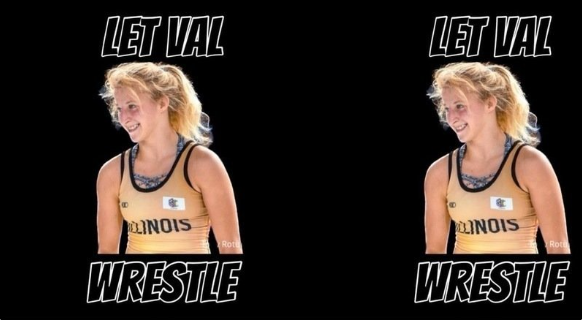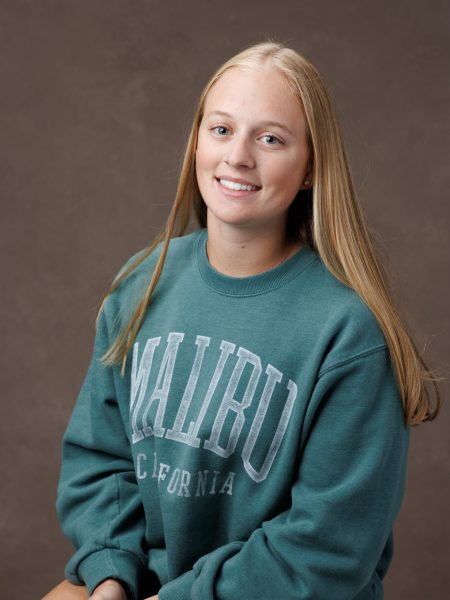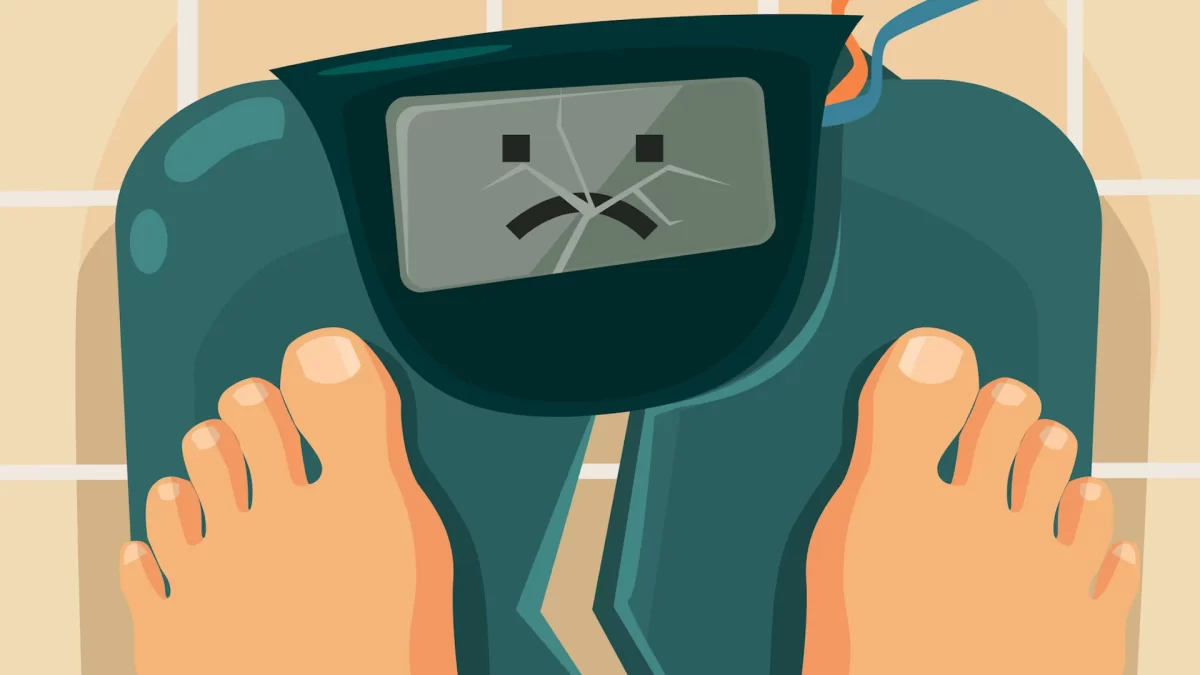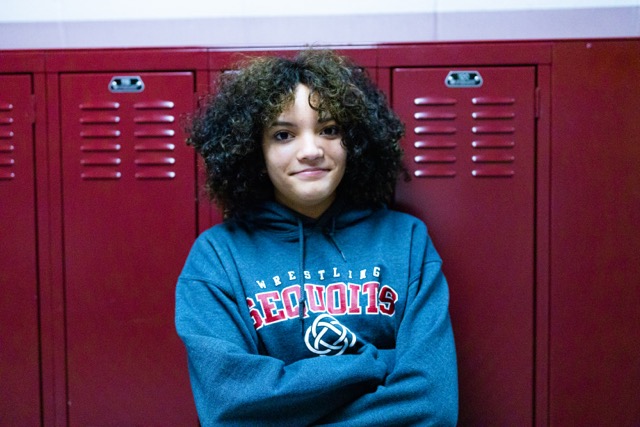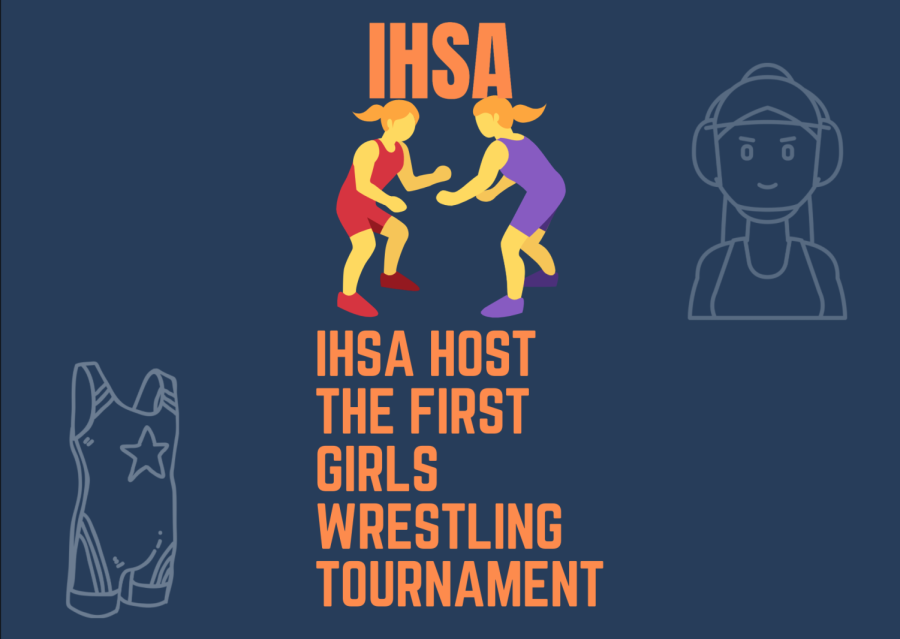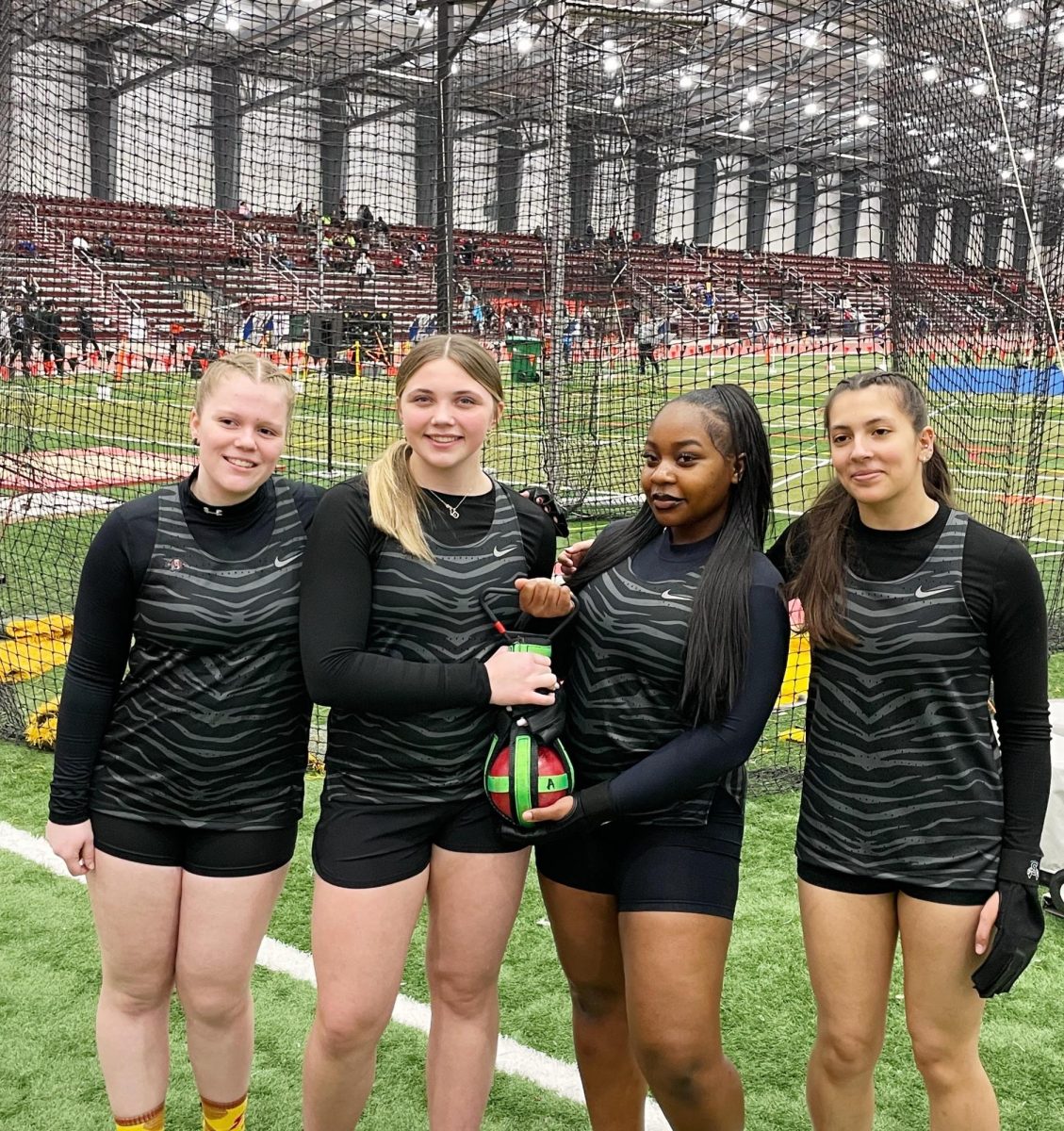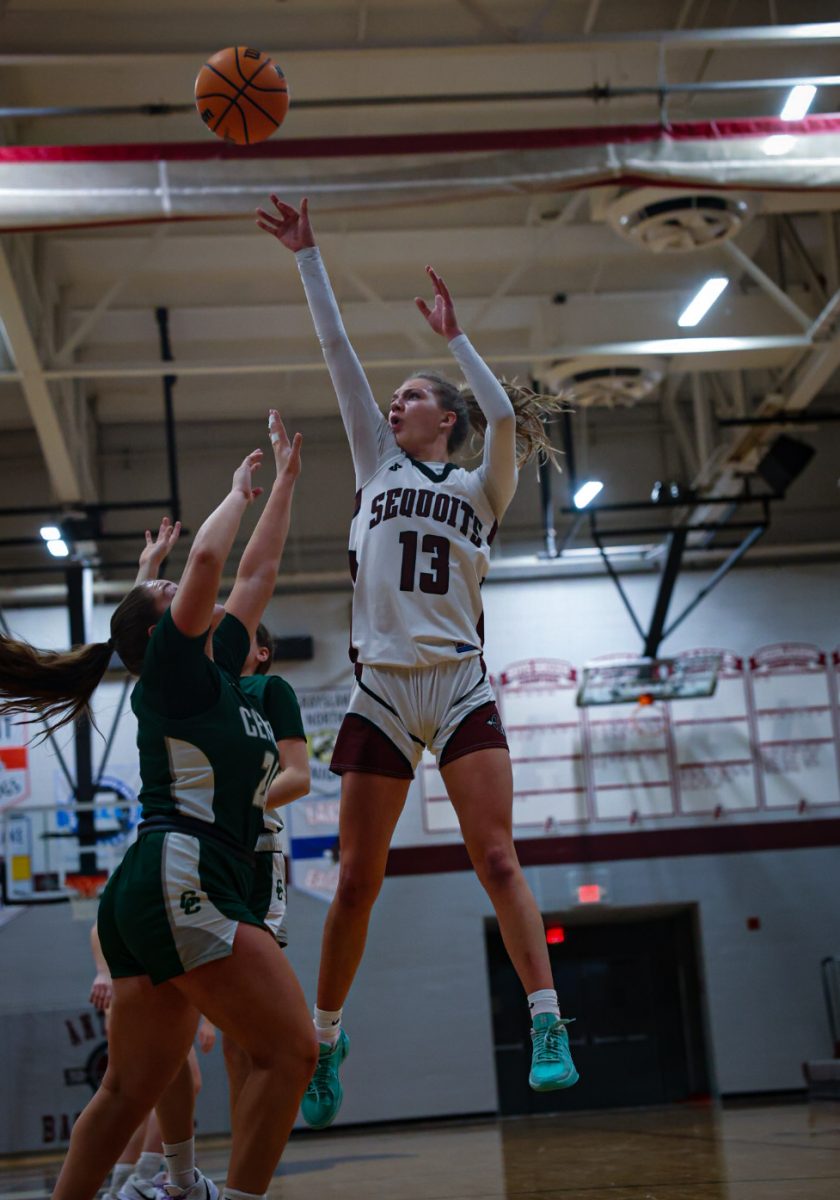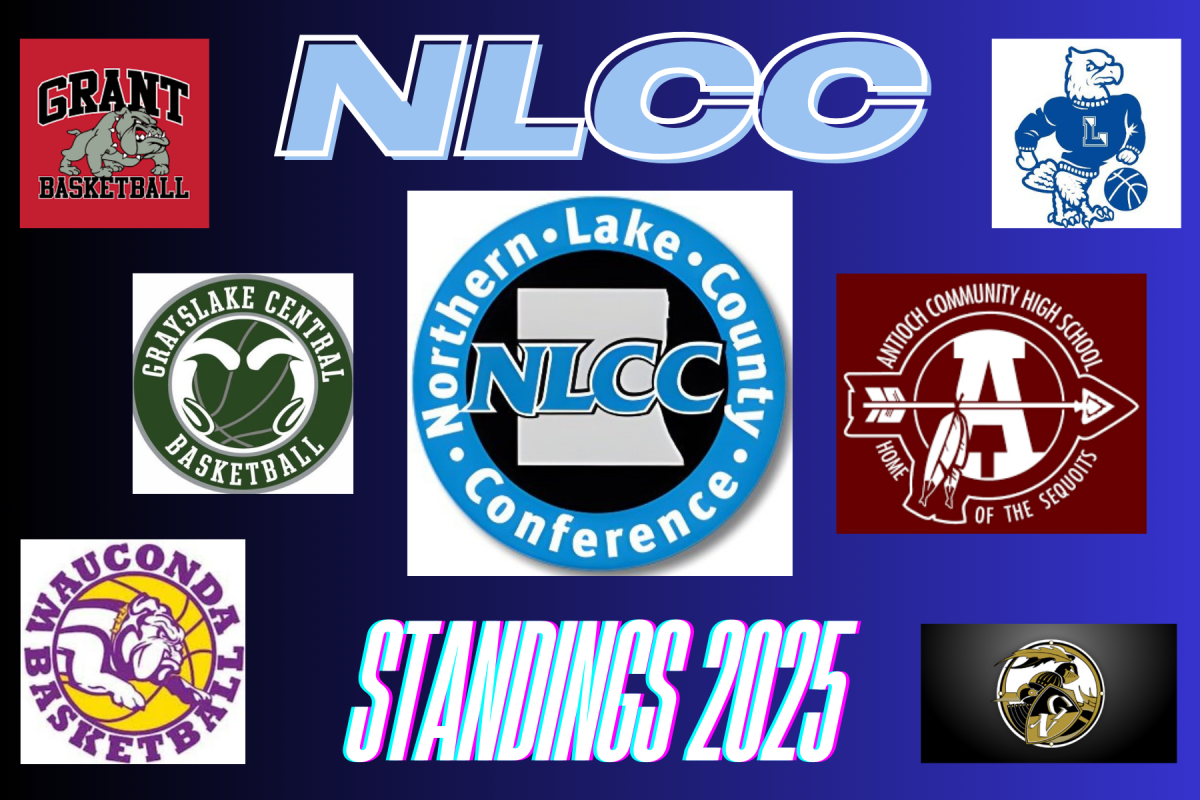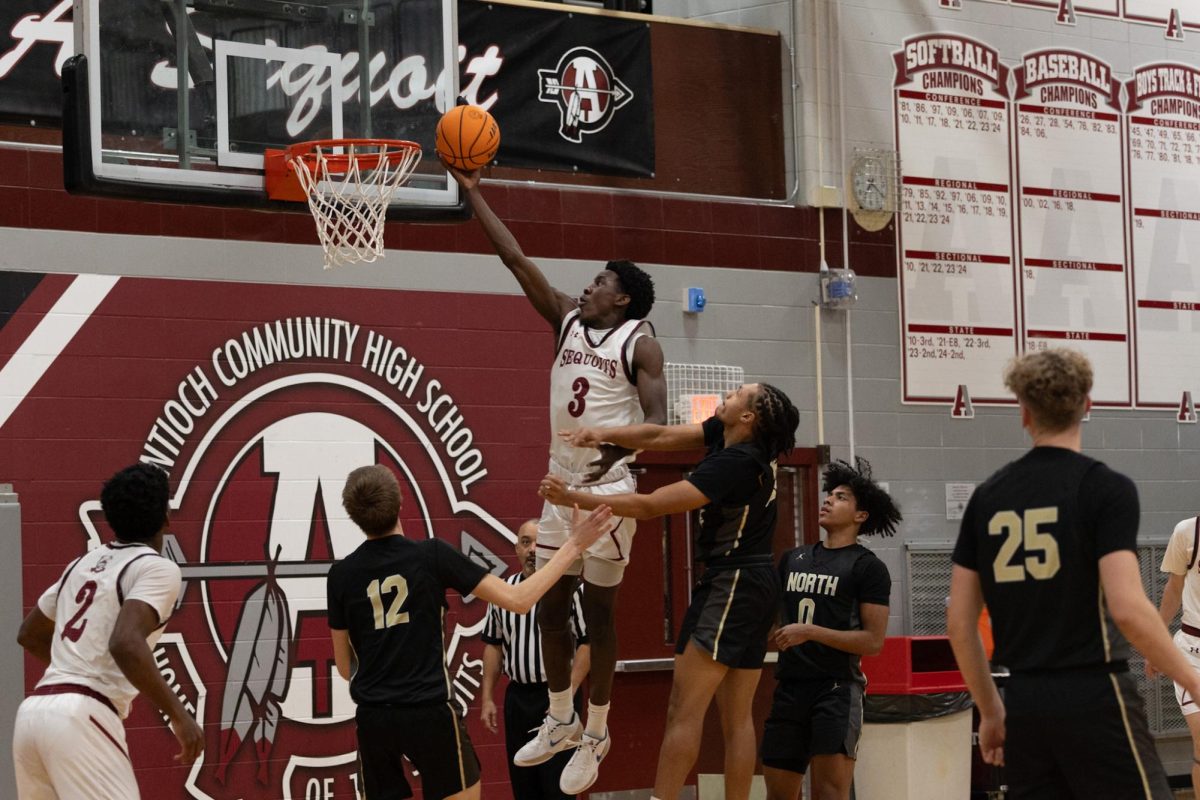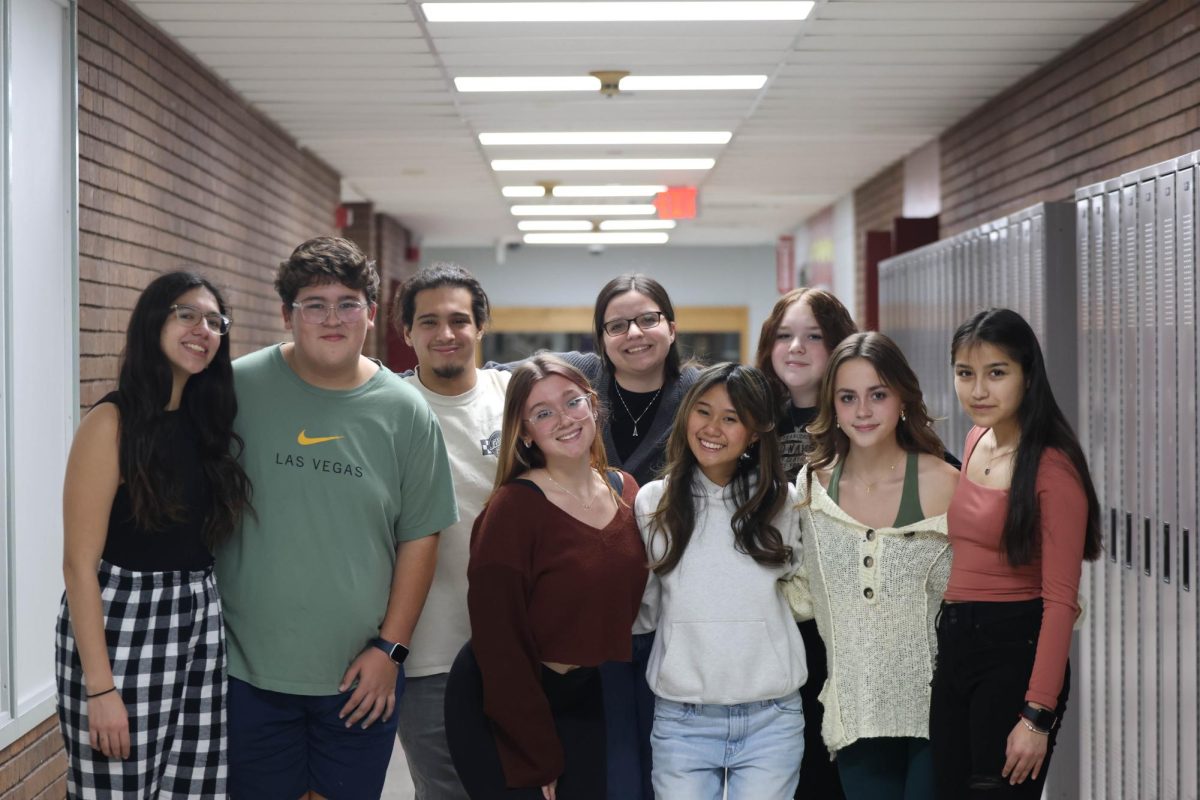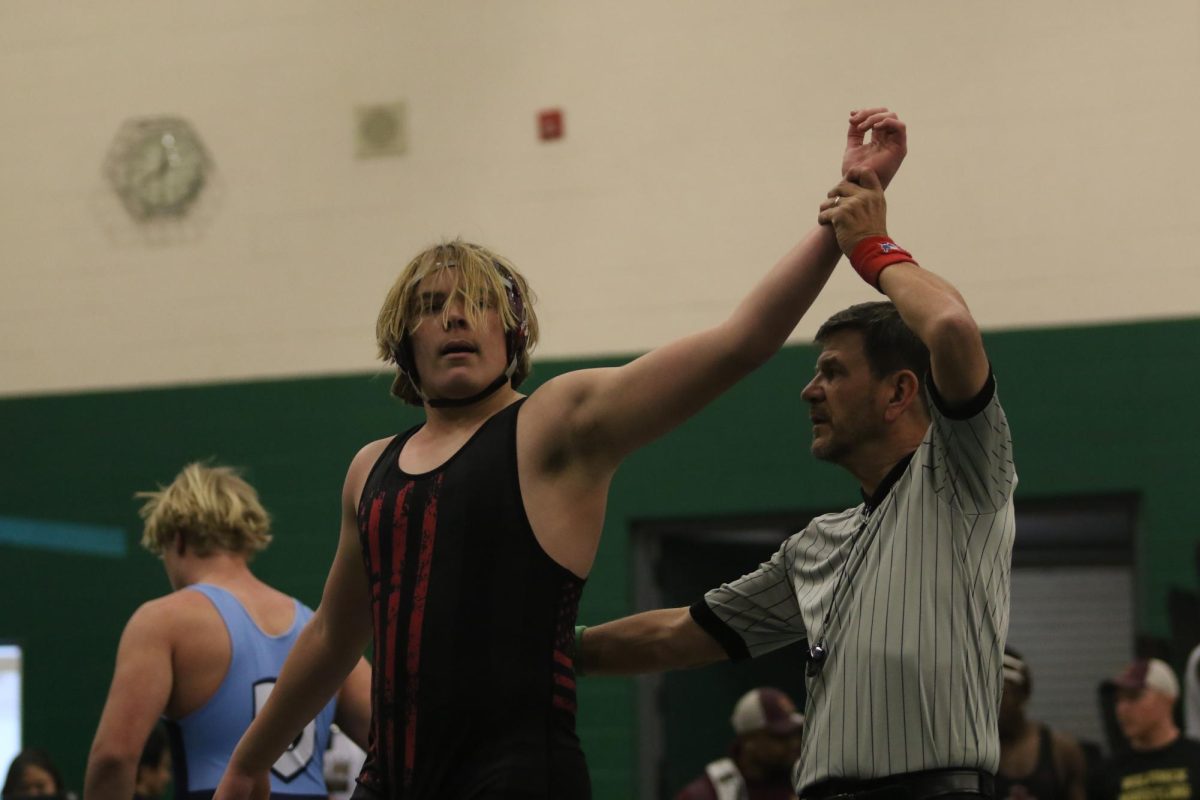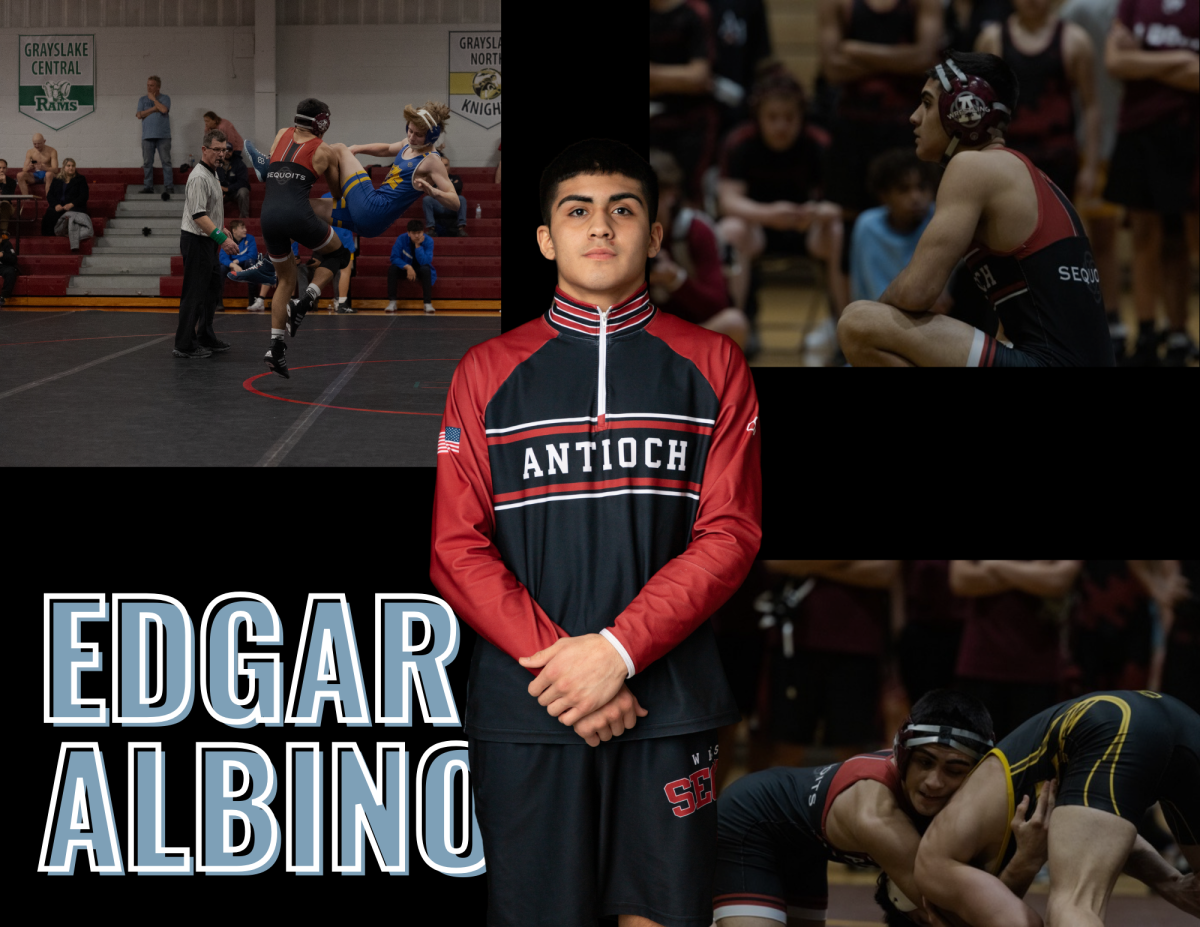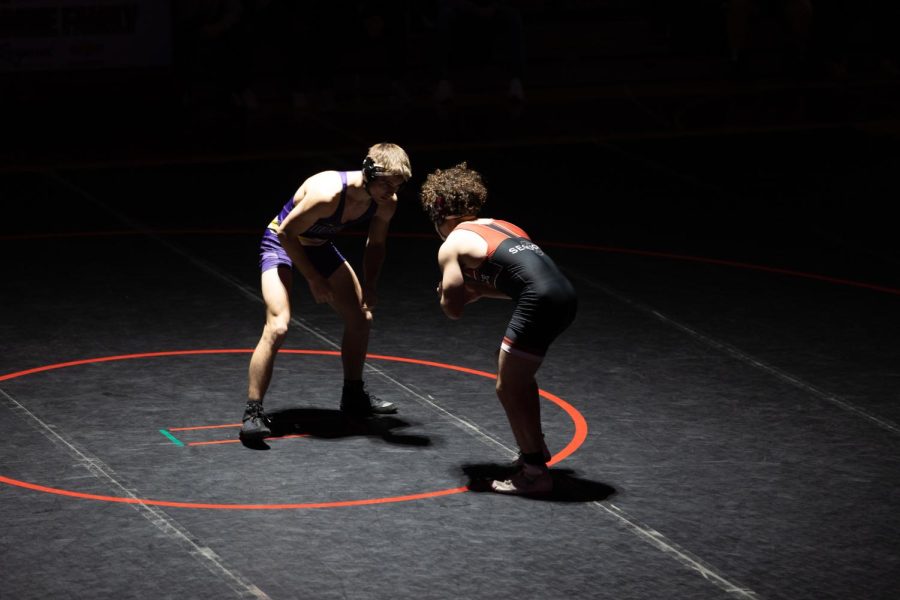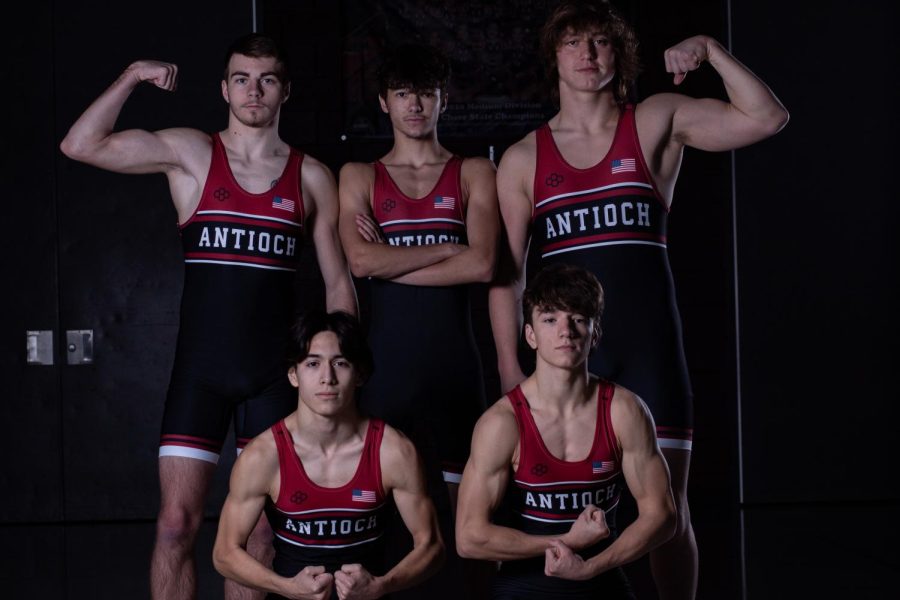In the 2021-2022 wrestling season, Illinois High School Association adopted a girls’ wrestling state championship, following the uprise in female wrestlers. They created 14 weight classes for the tournament, each comprising 16 women in a bracket, with one goal, becoming an Illinois state champion.
The IHSA has numerous strict rules in sports, one being bylaw 3.105, not allowing athletes to compete or practice outside of their school during their high school season. They also are not allowed to practice, compete or work out with college athletes during this time.
During the 2022-2023 season going into state, one girl fell victim to this newfound IHSA rule: Elpaso Gridley High School junior Valerie Hamilton.
Hamilton was the 145lbs sectional winner at Geneseo High School. Where she earned the number four seed going into state, she was days away from state when she was notified she was disqualified from competing at the tournament. Having worked so hard to make it to the state, she was highly disappointed; she had made a considerable name for herself in the women’s wrestling world. Her most significant achievements are placing gold in Mexico and Budapest and silver in Rome for Team USA.
Being such a profound athlete, quickly following the disqualification, many families inside and outside wrestling were shocked by the news. A petition with almost 16,000 signatures was started to allow her to wrestle, saying it is unfair to disqualify such a good athlete for trying to better themselves, especially when these rules do not apply in other states.
In states such as Wisconsin, this rule does not apply, and athletes can better themselves to any extent they see fit, whether competing with college athletes to wrestle at a higher, more advanced level or practicing with them to become stronger overall.
As the world was shocked by Hamilton’s disqualification, another wrestler in the same weight class was disqualified; Batavia junior Sydney Perry, who was ranked number two in the country.
“I got disqualified because we didn’t fill out paperwork to go to Sweden,” Perry said. “[I have] gone to three countries placing 5th at Worlds, 2nd at pan-american and 2nd at the World team trials.”
With both being such successful athletes, Hamilton and Perry were on a time crunch to fight for their spots back in the 145lbs bracket; Hamilton took her case in front of a court to get not just herself but Perry as well reinstated into the state tournament.
“It was the board’s decision to modify my ruling of ineligibility for the IHSA state series and grant Valerie immediate eligibility to participate in the IHSA Girls Individual Wrestling State Final,” IHSA Executive Director Craig Anderson said.
The IHSA had decided to change the eligibility for the girls; with both being reinstated, the IHSA has some research on whether it is beneficial for the bylaws to be modified. Perry recalls the moment of reinstatement as exciting for not just herself but multiple people.
“It was exciting for my family,” Perry said. “It was really close to my grandma’s house so she was able to come [because] she isn’t able to come to very many meets.”
Both girls going to this state tournament and defying the odds was not just for them but for any young girl aspiring to go to the IHSA state finals, showing them not to give up on their dreams because someone tries to take them away.
“[It showed] that they can’t limit or own wrestlers and if they go after [us] they should have gone after the boys too,” Hamilton said.
Both placed at state, meeting in the finals to compete against each other. The result of the match was in favor of Perry by a decision of 7-4. Perry would not be a two-time state champion without this opportunity, and Hamilton would not be the IHSA state runner-up. In the future could potentially have ruined their college career with prejudiced thoughts towards both of them as cheaters, even though it is allowed in other states.
With no further changes to the eligibility bylaw, this situation will likely happen again. No matter what athletes do, there are always rules that will stop them from reaching the full potential they strive to achieve, even if other states give their athletes the opportunities to better through their sports.


